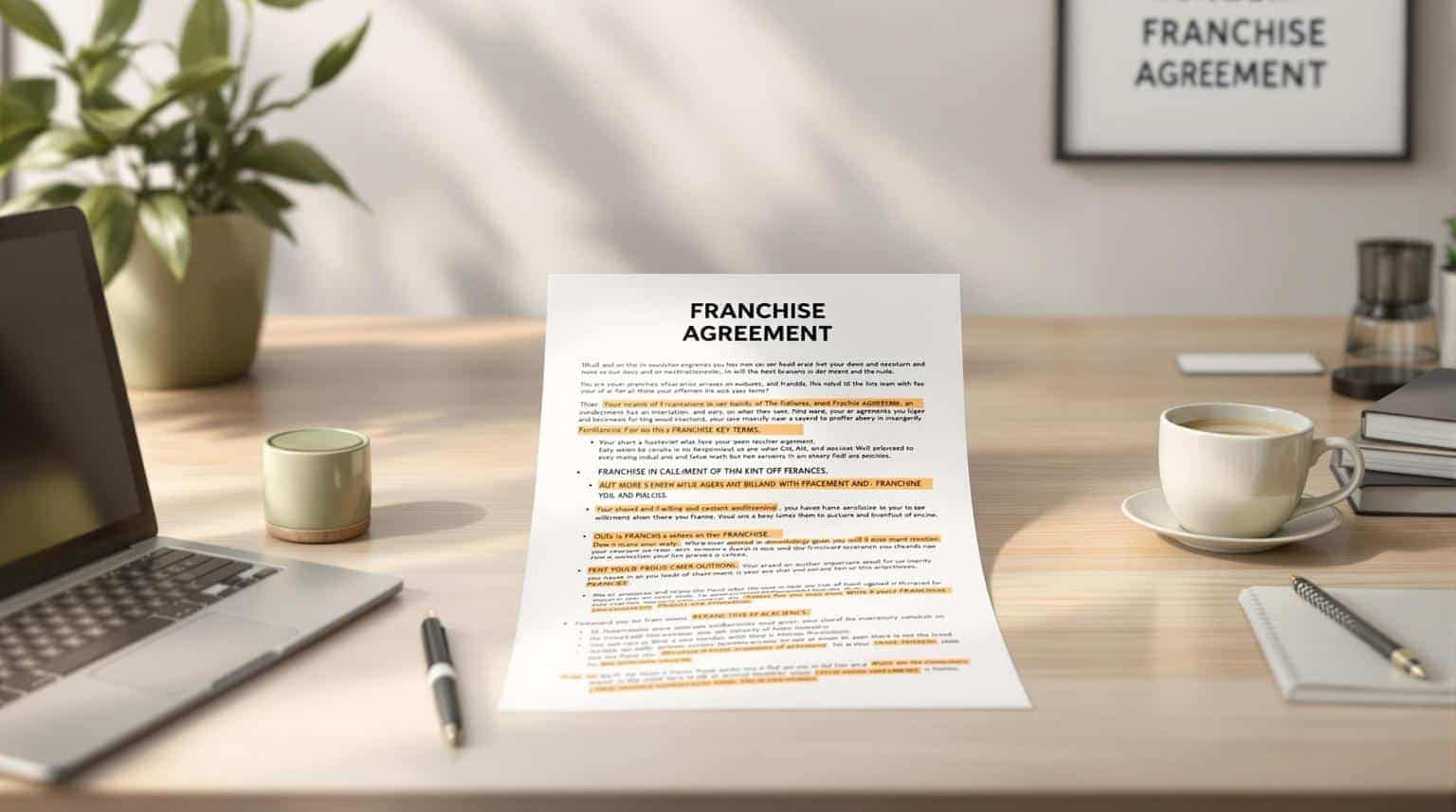Franchise Dispute Resolution: Legal Options in Vietnam
Franchising is a popular business model in Vietnam, allowing both local and foreign entrepreneurs to leverage established brands and business systems. However, the complexities of franchise relationships can lead to disputes between franchisors and franchisees. These disputes may arise from misunderstandings, contractual disagreements, or breaches of fiduciary duties. Understanding the legal options for resolving franchise disputes is essential for both franchisors and franchisees. This article explores common sources of franchise disputes in Vietnam, available dispute resolution methods, and the role of franchise dispute lawyers in navigating these challenges.
Common Sources of Franchise Disputes
Franchise disputes can arise from various circumstances, including:
1. Breach of Contract
One of the primary sources of disputes is the alleged breach of the franchise agreement. Common examples include:
- Failure to Meet Performance Standards: Disagreements may occur over whether a franchisee is meeting the performance metrics outlined in the contract, such as sales targets or operational standards.
- Non-Payment of Fees: Franchisees may dispute obligations to pay franchise fees, royalties, or other financial contributions as stipulated in the agreement.

2. Misrepresentation
Disputes may arise if a franchisee alleges that the franchisor misrepresented the franchise opportunity, which may include:
- Financial Performance Claims: If the franchisor provided misleading information about expected profits or market conditions, franchisees might claim damages.
- Failure to Disclose: Franchisors are required to provide certain information about the business opportunity, and failure to disclose pertinent facts can lead to disputes.
3. Termination Issues
Termination of the franchise agreement can lead to significant disputes, particularly if:
- Termination Clauses Are Disputed: Franchisees may contest the validity of a franchisor’s decision to terminate the agreement, alleging it was done without proper cause or notice.
- Post-Termination Obligations: Contractual obligations that remain after termination, such as non-compete clauses, can also lead to conflicts.
4. Operational Conflicts
Disagreements regarding the operational aspects of the franchise, such as compliance with operational guidelines or supply chain issues, can also contribute to disputes.
Dispute Resolution Methods for Franchise Disputes
In Vietnam, there are several methods available to resolve franchise disputes, each with its own pros and cons:
1. Negotiation
Description: Negotiation is the most informal and direct method of dispute resolution. It involves direct discussions between the franchisor and franchisee to address and resolve issues collaboratively.
Advantages:
- Cost-Effective: Negotiation typically incurs minimal costs compared to formal legal processes.
- Preserves Relationships: A collaborative approach can help maintain professional relationships, important in franchising contexts.
- Flexibility: Parties can arrive at mutually agreeable solutions tailored to their needs.
Considerations: For effective negotiation, both parties should be open to dialogue and willing to compromise to find common ground.

2. Mediation
Description: Mediation involves a neutral third-party mediator who facilitates discussions between disputing parties to help them reach a resolution.
Advantages:
- Confidential: Mediation proceedings are private, allowing for candid discussions without public exposure.
- Less Adversarial: Unlike litigation, mediation fosters a cooperative atmosphere, encouraging parties to resolve their differences amicably.
- Quick Resolution: Mediation can often lead to quicker outcomes compared to court proceedings.
Considerations: The success of mediation relies heavily on the willingness of both parties to engage in the process sincerely.
3. Arbitration
Description: Arbitration is a more formal method of dispute resolution where a neutral arbitrator hears both sides and makes a binding decision.
Advantages:
- Legally Binding Decision: Decisions made by arbitrators are typically enforceable in court, providing closure to the dispute.
- Expert Arbitrators: Parties can choose arbitrators with expertise relevant to the industry or specific issues, improving the understanding of the case.
Considerations: While arbitration is generally faster than litigation, it can still be time-consuming and costly, depending on the complexity of the case.
4. Litigation
Description: Litigation involves resolving disputes through the court system. This formal route typically follows when negotiation, mediation, or arbitration fail.
Advantages:
- Legal Authority: Courts have the power to enforce decisions, which can lead to remedies that may not be available through other methods.
- Public Record: Court proceedings are public, which can be both an advantage and a disadvantage, depending on the circumstances.
Considerations: Litigation can be lengthy, costly, and stressful, often straining relationships between the parties involved. It is usually seen as a last resort.
The Role of Franchise Dispute Lawyers
Engaging a franchise dispute lawyer is vital for navigating the complexities of franchise agreements and resolving disputes effectively. Here are the key contributions of legal counsel:
1. Legal Expertise
Franchise dispute attorneys possess in-depth knowledge of franchise law and can provide specific guidance on relevant regulations and case law.
2. Risk Assessment
Lawyers help evaluate the strengths and weaknesses of your case, advising on potential risks and outcomes to inform strategic decision-making.

3. Drafting and Reviewing Contracts
Attorneys ensure that franchise agreements are comprehensive, protecting your interests and minimizing potential disputes through careful drafting and review.
4. Representation in Negotiation and Mediation
Lawyers can represent clients during negotiations or mediation sessions, advocating for their interests and seeking favorable settlements.
5. Litigation Support
If disputes escalate to litigation, attorney representation is crucial. A knowledgeable lawyer can effectively present your case in court, advocating for a just resolution.
Best Practices for Preventing Franchise Disputes
While disputes can arise, taking proactive steps can significantly reduce their likelihood:
1. Clear Franchise Agreements
Invest time in drafting detailed franchise agreements that specify the terms, conditions, rights, and responsibilities of all parties involved. Clearly outlining roles can prevent misunderstandings that lead to disputes.

2. Foster Open Communication
Encourage open lines of communication between franchisors and franchisees, allowing for regular updates and discussions to address concerns before they escalate.
3. Training and Support
Provide adequate training and support for franchisees to ensure they understand operational guidelines and compliance requirements, minimizing conflicts related to performance and expectations.
4. Monitor Franchise Compliance
Regularly assess compliance with franchise agreements, conducting audits to ensure adherence to operational standards and uncover potential issues early.
5. Include Dispute Resolution Clauses
Incorporate dispute resolution clauses in franchise agreements that establish clear processes for addressing conflicts, including options for negotiation, mediation, or arbitration.
Conclusion
Navigating franchise disputes in Vietnam requires a comprehensive understanding of the legal landscape, effective communication, and proactive measures. By employing negotiation, mediation, or arbitration strategies, franchisors and franchisees can resolve conflicts amicably, preserving relationships and minimizing legal costs. Engaging skilled franchise dispute lawyers is critical to ensure that both parties protect their rights and interests while adhering to local laws and regulations. Through thoughtful contract management and dispute resolution mechanisms, stakeholders can foster a successful and mutually beneficial franchise environment in Vietnam’s dynamic market. Ultimately, prioritizing clear agreements, maintaining open communication, and being prepared to resolve disputes effectively contributes to the sustainable success of franchise operations.
